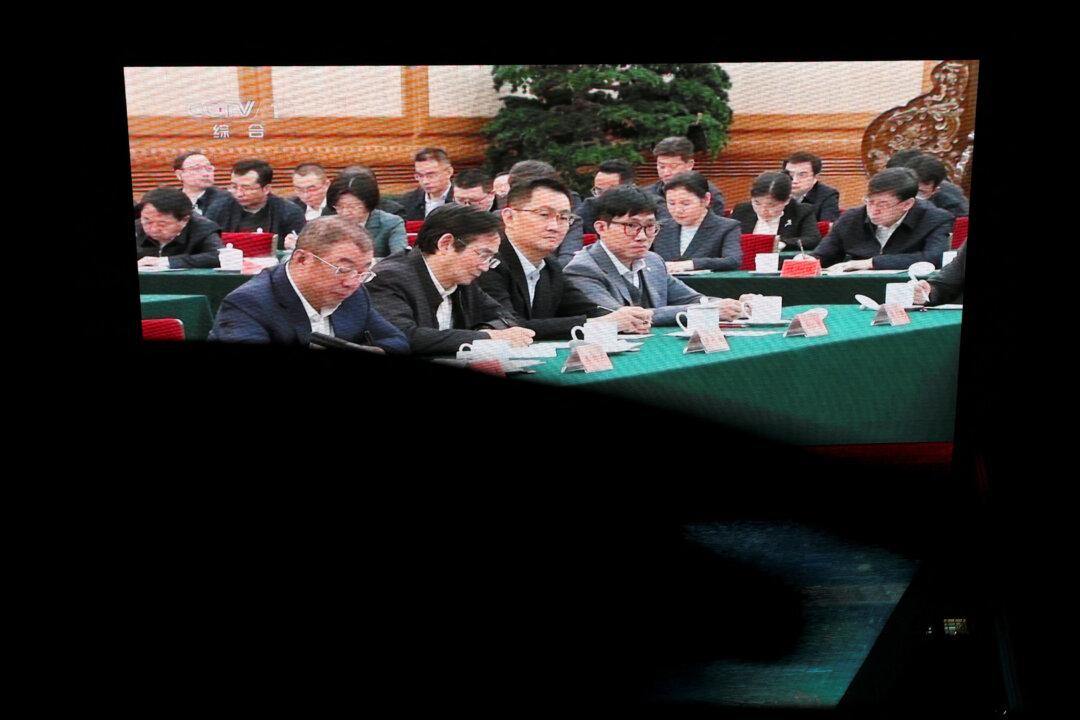Chinese leader Xi Jinping held a rare meeting with the country’s top business leaders on Monday in an attempt to boost the confidence of China’s private sector amid the economic slowdown.
In a symbolic move, Jack Ma, cofounder of the conglomerate Alibaba Group, was invited to the symposium. Ma maintained a low profile since 2020 after Alibaba became one of Beijing’s biggest targets in its private sector crackdown.





